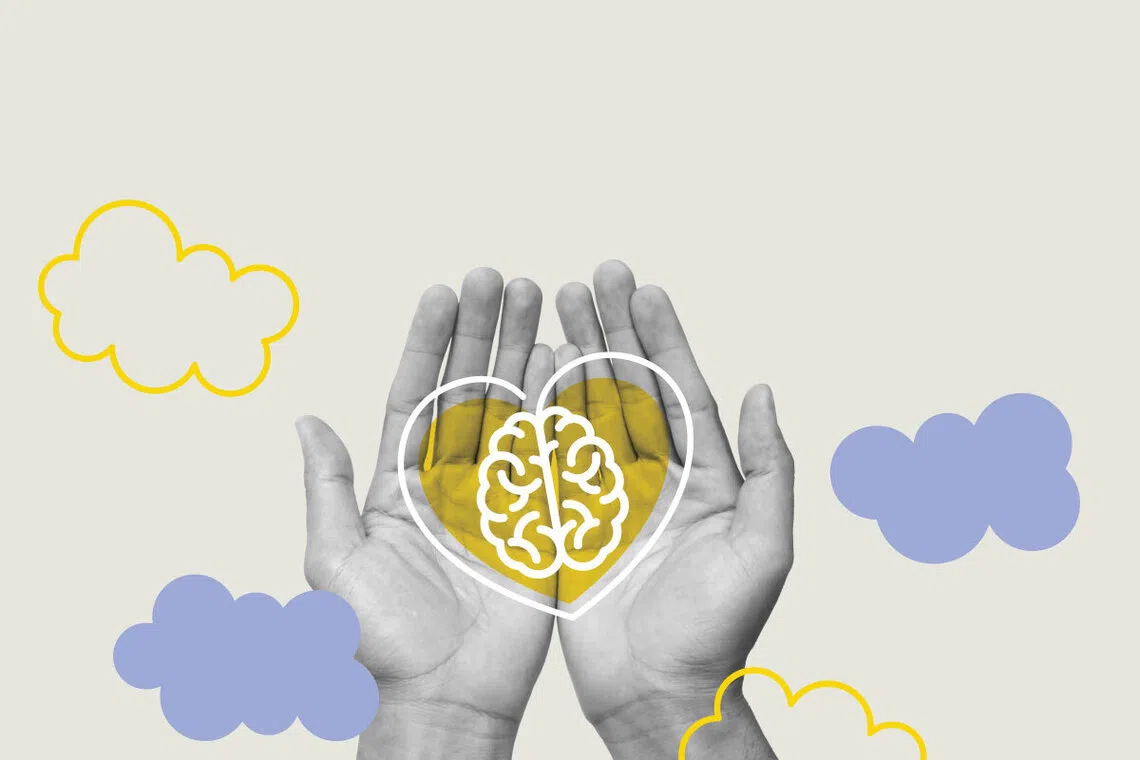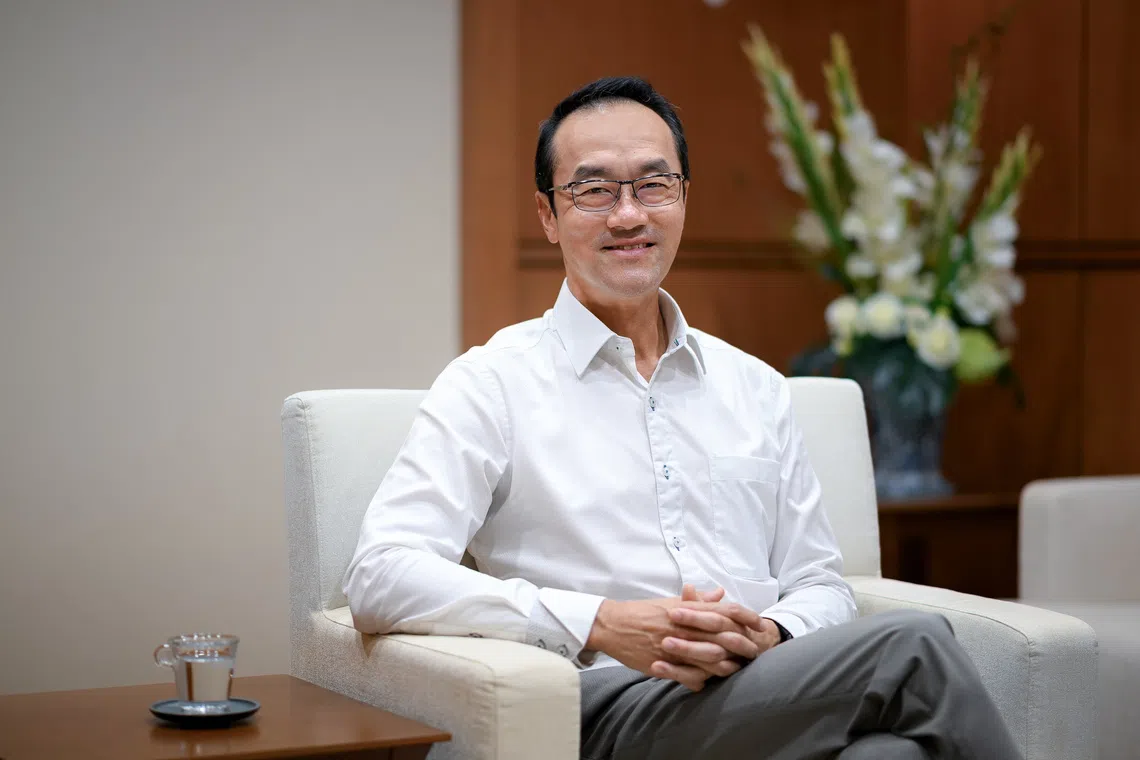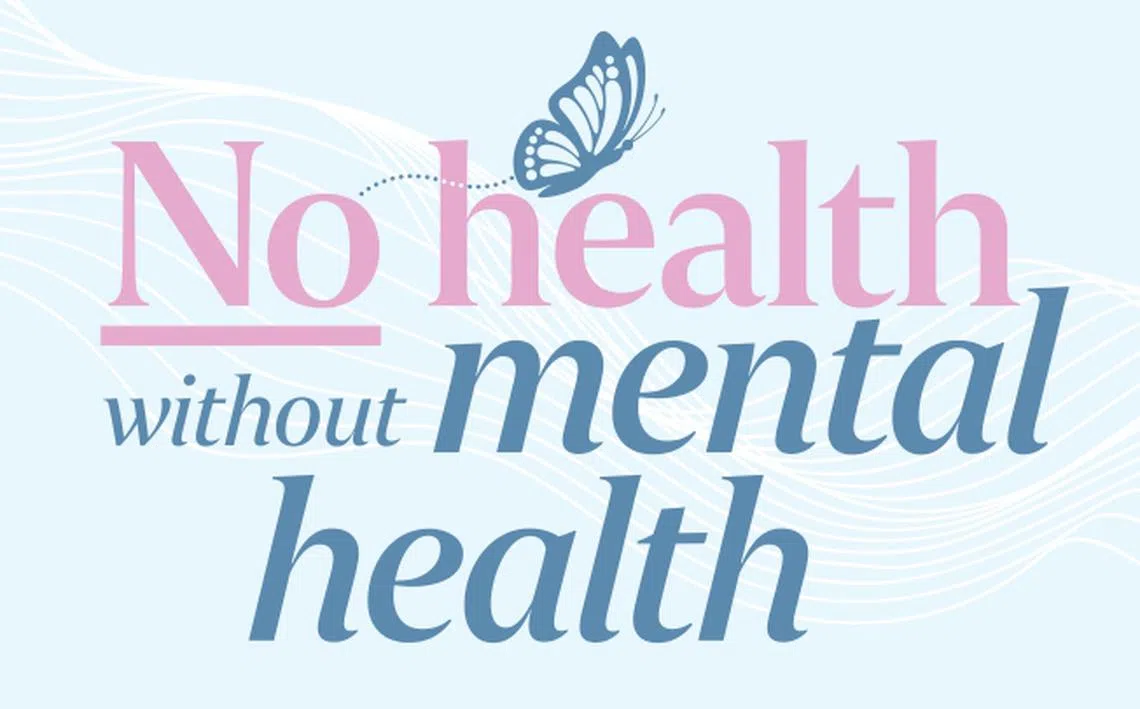SINGAPORE – Much like Healthier SG, Singapore is taking a preventative approach to mental health so that needs are tackled at an earlier stage before issues worsen.
In an exclusive interview with The Straits Times, Senior Minister of State for Health Koh Poh Koon said resources will be channelled to helping people with few or even no symptoms of mental health issues to stay well.
“The value of Healthier SG is in prevention and that must start young. For mental health, that is exactly the same,” said Dr Koh.
Healthier SG encourages Singapore citizens and permanent residents aged 40 and older to manage their health, prevent chronic diseases and lead healthier lifestyles. People work with their chosen primary care doctor to develop their personalised health plans.
Singapore’s mental healthcare system operates on a tiered-care model with four levels, based on the severity of symptoms.
At Tier 1, healthy individuals with no to minimal mental health symptoms would benefit from mental health promotion and peer support. Tier 2 would see individuals with mild symptoms benefiting from counselling and stress management.
At Tier 3, those with moderate symptoms would need psychotherapy and medical treatment. At Tier 4, individuals with severe symptoms and major difficulties coping would require psychiatric assessment and specialised longer-term psychological interventions.
“The aim is to shift the intervention into those in tiers 1 and 2 because, otherwise, you’ll soon run out of hospital beds and psychiatrist clinics,” said Dr Koh, adding that the Government wants to have more services at the first two tiers.
If Singaporeans can develop healthier mental habits, fewer of them will eventually progress to need more intensive support, added Dr Koh.
To support that aim, the National Mental Health Office, officially set up in September 2024, will carry out research in two areas: the risk factors that push people into ill health mentally and the services that should be available to those who need help.
This information will allow the Government to think about how to provide the right resources and intervene earlier, said Dr Koh, who is also Senior Minister of State for Manpower.
In the meantime, it has rolled out initiatives to ensure quicker and easier access to mental health support.

Singapore’s mental healthcare system operates on a tiered-care model with four levels, based on the severity of symptoms.
ST ILLUSTRATION: LEE YU HUI, ADOBE STOCK
One is national mindline 1771, a 24/7 helpline and text service, which offers not only immediate emotional support from trained staff, but also links callers to mental health services in the community if needed.
“With the one-stop service, it’s easier for us to help people navigate to their landing points, like touchpoints and services. We are also helping community partners play a bigger role as well,” said Dr Koh.
As at the end of August, the national service had received 14,000 calls and messages. The top three reasons people call in are for emotional support, discussion of interpersonal problems and clarifications on mental health symptoms.
The Government is also looking into ways that people can move across avenues of help seamlessly. It wants a system where patient information can be shared more easily – so that people do not have to keep repeating their stories.
However, the authorities are mindful to not make the capture process and data entry onerous for service providers. “A balance has to be struck, but some degree of shared visibility of a client’s information will be helpful for providers and less frustrating for clients,” said Dr Koh.
Work on a residential youth crisis facility for those at risk of suicide or severe self-harm is also under way. First announced in October 2023, the facility will give young people the space and time to get back into the community after being hospitalised.
It will also give community partners the opportunity to help young residents resolve the root problems that are driving their mental distress, like a stressful family situation, said Dr Koh.
“The facility is meant to be a safe space for them to be taken out of the situation and for interventions – whether it is counselling or psychological treatment to be given,” he said.
Dr Koh added that the facility will be located in Sengkang and will be managed by an appointed provider.
Another policy move that the Ministry of Health is working on is the registration of psychologists, first announced in March 2025. The move is set to raise standards and better protect patients in a sector that is yet to be regulated.
Practitioners who will need licences are those who provide direct patient care and perform higher-risk assessments and interventions.
A committee is working on the registration framework and will be finished by the first half of 2026, said Dr Koh.
On whether other mental health professionals, such as counsellors, would also require registration in future, Dr Koh said the Government takes a risk-based approach towards licensing.
There is a wide spectrum of therapeutic approaches in mental health and some include pet or music therapy, which may not be considered high risk.
“Licensing imposes a lot of demands and registration is not free,” said Dr Koh.
“If it’s low risk, what value are we adding?”
On a whole, Dr Koh said that Singapore is in a busy phase of its mental health strategy, with the Government now implementing the National Mental Health and Well-being Strategy that was articulated in October 2023.
“We have a good start, a good foundation and a clear direction, and now, it’s for us to work hard at trying to implement it in a way that makes it effective,” said Dr Koh.
“Mental health is not something you can wrap your hands around, not something that the surgeon can cut away and not something that medicine alone can deal with because the stressors come from all around. The implementation will require us to be nimble,” he added.
“This is early days and there is a lot of work to be done.”

